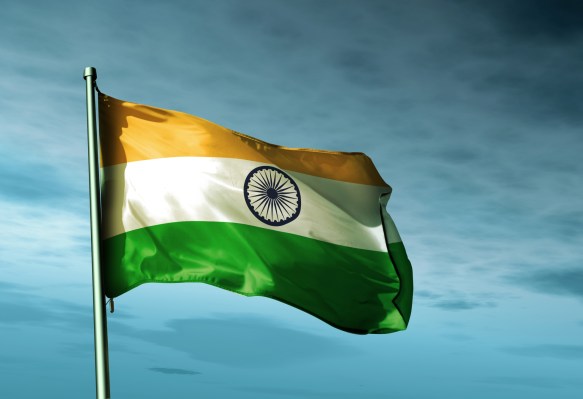Uber expects its business in India to overtake its U.S. operations in time, as it prepares to expand into more rural parts of the country to tap the huge growth potential on offer.
That’s according to representatives from the ride-hailing app, who responded to our questions following Uber’s announcement to invest $1 billion growing its business in India. That pledge came right after a push to raise a similar figure for its business in China, which is already at a reported one million trips per day.
As Asia becomes an increasingly strategic region for Uber, both in terms of existing scale and growth potential, we asked a series of questions to the world’s most iconic taxi app company to better understand its plans for India, which is already Uber’s second largest market worldwide based on the number of cities covered.
TechCrunch: China is poised to become Uber’s largest global market — is India also expected to surpass the U.S. on rides per day, and if so when might that happen?
Uber: This will happen, but the timeline for this is not something we are able to share at this point. Some of the fastest growing cities in the world are in India and we continue to see robust 40 percent month-on-month growth here.
TC: Uber’s competitors in India are in more than 100 cities/towns. While India is Uber’s second largest market based on geographies, is the long-term plan to expand into tier-three/four cities, or will Uber be focused on the largest towns?
Uber: Over 80 percent of our total trips in India are happening in our top five cities (metros). Over the rest of this year and into next year, Uber will be expanding aggressively into new cities. Most of these will be tier two, three and four cities. However, we will continue to focus and scale our operations in the largest metros where we are already doing exceedingly well. There is still tremendous room for growth and expanding operations in the cities where Uber is already available. Our goal is to make Uber accessible for everyone, everywhere across the country.
TC: Competitors have introduced non-taxi services — such as food delivery — is this in Uber’s plans for India?
Uber: Uber has pioneered various concepts over the last five years from on-demand transportation at the push of a button, to food delivery, messenger services, bikes on-demand, ice cream on-demand, and much more. These are still early days for us in India and our main focus is on strengthening and expanding our core business, i.e. connecting people to safe, reliable, affordable transportation options. India for us is also a hot bed of innovation and a market where we continue to push the boundaries in terms of innovation and development of new solutions in product, payment [Uber is trialling cash-only payments in India] and safety.
TC. The alleged rape of an Uber passenger last year was a tragic incident. Uber has doubled down on safety measures since then, but do you believe that the incident still affects the company and its reputation in India to date?
Uber: What happened in New Delhi was horrific and the incident has cemented our resolve to significantly increase our resources on the issue of women’s empowerment and safety. We have worked closely with law enforcement to help bring the perpetrator to justice, and over the course of the first half of this year, we have launched a number of key safety initiatives in India. Those include re-verification of all driver partners with the police, additional background screening with First Advantage, and the establishment of a dedicated local Incident Response Team to handle critical situations.
We also announced upgraded technology for Uber India:
- Send Status that builds on and replaces Share my ETA.
- An SOS button directly in-app so riders can immediately contact local authorities in the rare event of an emergency.
We will roll out additional safety features in other cities and countries in the coming months, to make sure that the one million plus trips a day provide a safe option in every Uber city.
TC. Automated cars have been talked about for the U.S. market, will these vehicles eventually come to India too? (Follow-up question: how does that impact jobs that Uber is creating now?)
Uber declined to respond.
TC: Can you say how many rides Uber is processing right now in India?
[Uber declined to comment directly, but industry sources in India have previously speculated that the firm logs more than 200,000 trips per day.]
Uber: Across 18 cities in India, over 150,000 driver partners are registered with us and this number is rapidly increasing every day. By 2016, Uber will support over 200,000 full time jobs [in India] on our platform.
